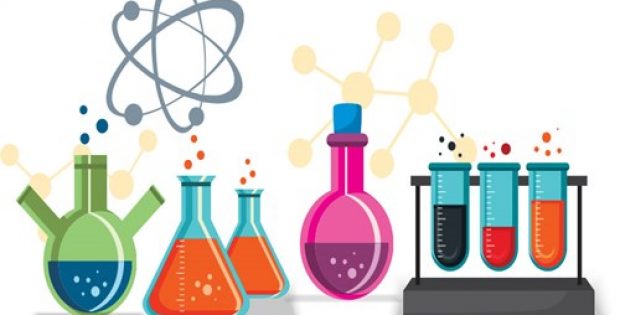The capacity increase would strengthen BASF’s commitment towards serving the customers in Brazil by offering a reliable, local supply of Sodium Methylate
Global chemicals giant BASF is reportedly planning to expand the production capacity at its Sodium Methylate production plant in Guaratinguetá, Brazil.

Citing reliable sources, the company will be increasing the nameplate capacity by around 30%, from the present 60,000 metric tons to 80,000 metric tons. The new production capacity is expected to come onstream in 2020.
For the uninitiated, Sodium Methylate is known as a reliable and efficient catalyst for providing a sustainable solution during the production and use of Biodiesel, as it helps meet the low-emission and high-quality fuel requirements of engine manufacturers. It essentially supports lower preparation costs and higher yields for Biodiesel.
Sources remarked that through this capacity expansion, BASF would be supporting the growth of its Sodium Methylate customers. Brazil is considered to be a crucial and significant market for Biodiesel as well as corresponding catalysts.
Apparently, the demand and requirements of customers in Brazil have been continuously evolving to fulfil the economic and environmental strategy of the country, with support for local agriculture and production of biofuels.
BASF’s Vice President for Industrial Chemicals South America, Alejandro Heine said that the company will invest to join its customers in their rapid growth and for supporting their future needs. This expansion would strengthen BASF’s commitment towards serving the customers by offering a reliable, local supply of Sodium Methylate, he added.
The site of BASF in Guaratinguetá is seemingly ideal for investing to supply to the growing customer demand in the Brazil, along with other South American countries. The plant is located near leading producers of biodiesel in Brazil, besides being close to Santos port as well, offering logistical advantages for exports to the region.
Separately, BASF had also unveiled a new research center in Germany last month, at the Verbund site in Ludwigshafen, for the purpose of catalyst and process development.



